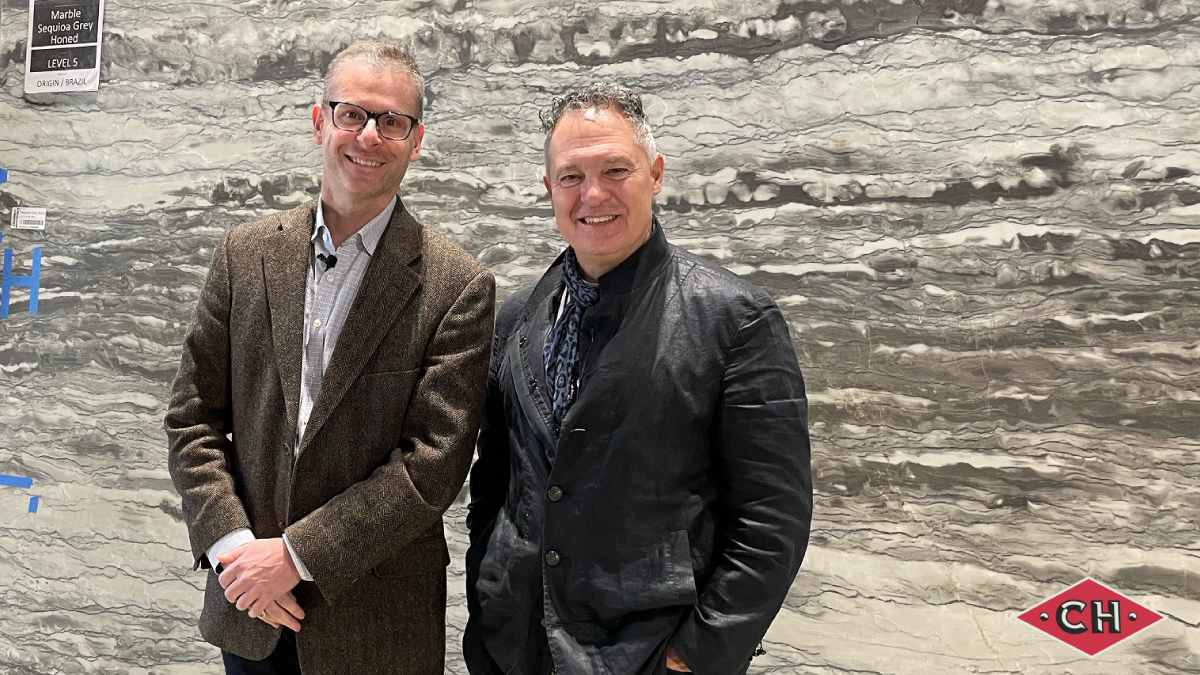A Conversation with Antarctic Mike: Leading at 90 Below Zero

Antarctic Mike (Mike Pierce) is an adventurer and storyteller with deep insight into the human condition. Mike was one of nine people to run the first-ever Antarctic Ice Marathon in 2006. One year later, he became the first American to run the Antarctic 100K. Since then, he’s committed his life to working with companies all over the world who want to identify and retain the best people. Oh yeah, he also helps organizations understand their stories and how to share them in a compelling manner. In short, Mike gets around.
I was fortunate recently to spend some time with Mike when he shared some of his insight and wisdom with one of the Vistage groups I work with. After our session, Mike and I had an opportunity to chat about the power of stories and how organizations can best use narrative to engage their stakeholders. We captured our discussion in this video so you can watch it now.
After you’ve checked out our conversation, surf on over to Mike’s website and take a look at the list of his books, including “Leading at 90 Below Zero: Extreme Conditions…Extraordinary Results.”
TRANSCRIPT
Chad Harvey (00:05): Chad Harvey here with Antarctic Mike Pierce. Mike, we just wrapped a fantastic session with you with our Vistage Group here at Classic Rock Fabrication in Mechanicsburg, Pennsylvania. You are a professional collector and teller of stories. You are a man on a mission. What is the one thing that you want everyone to know?
Antarctic Mike (00:26): Well, if you ask me the question about what I want people to know pertaining to stories, stories are the most effective vehicle to move people in the world. Moving people, whether you’re talking about teaching a child something you want them to learn for a long time, helping an employee learn how to do a better job, sales people making connections with people, making sales, resolving issues, and disagreements in a marital situation. Any scenario you can think of, on or off the job. If you want to really influence and move people, you tell stories, because stories are things that people can identify with and relate to. And they move people.
Chad Harvey (01:05): I love it. Stories equal movement.
Antarctic Mike (01:07): That’s pretty much true. Yeah. If you want movement, you tell stories. That’s why, when somebody asks me a question, I say, “Well, I’ll tell you a story and that’ll answer the question.” I think that’s the best way to do it. I mean, I was on a radio show yesterday afternoon and the guy says, “Well, tell me what… It was called Selling From The Heart. And he says, “Well, tell me what this means to you?” And I said, “Well, I’ll tell you a story,” and boom. People remember stories, right, the listeners that are listening to us. You can picture stories from eons, even decades past. The ones that were really, really moving. You always remember those. And I think that’s why they’re important to people.
Chad Harvey (01:41): I think it’s spot on. And I think a lot of leaders have lost their way over the last 50, 75 years in business. And we forget the power of narrative. We forget how personal it actually is in the power of the story. So…
Antarctic Mike (01:54): Well, they do. I mean, today, I think the mistake a lot of businesses make is, they think the story is all about their stuff.
Chad Harvey (02:01): Mm-hmm (affirmative).
Antarctic Mike (02:01): Like, for example, we’re here in this place that sells granite and that kind of thing. And I’m not saying that the stuff isn’t important, but the reason why people are going to work here or buy here goes past the granite. It’s about people. You’re buying from people. You’re trusting people. You’re working for people. So, I think that’s why the stories have to connect with people, at the human level, not the granite level, not the product and the service level. So, that would be my-
Chad Harvey (02:28): Perfect.
Antarctic Mike (02:28): …words of wisdom for the viewing audience.
Chad Harvey (02:30): Well, thank you very much for coming here and helping us connect as people.
Antarctic Mike (02:33): Thank you.
